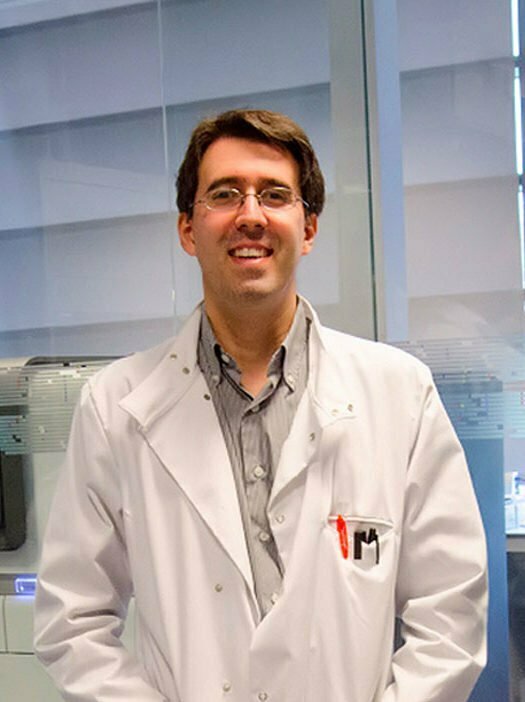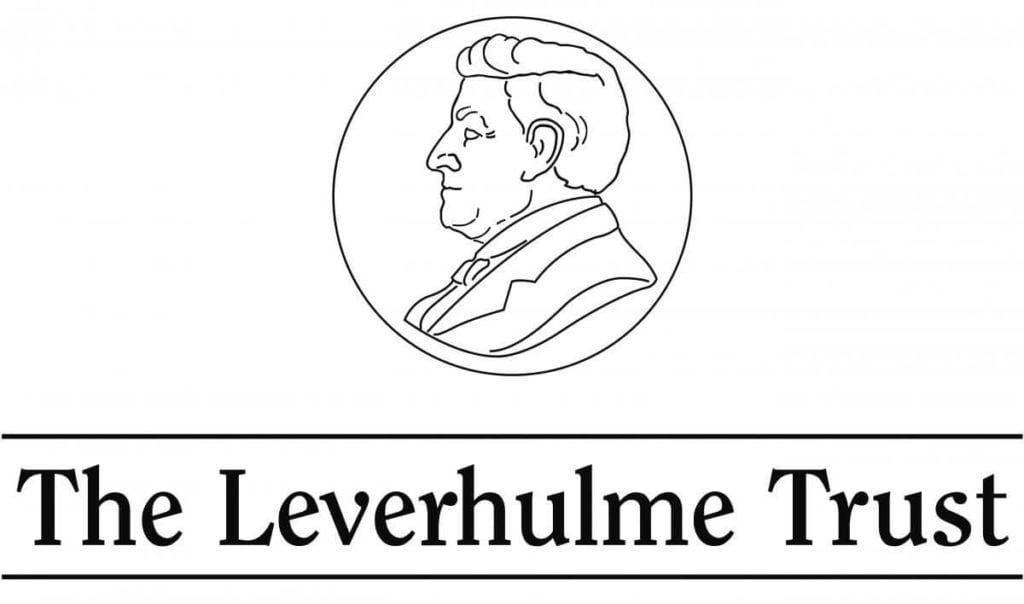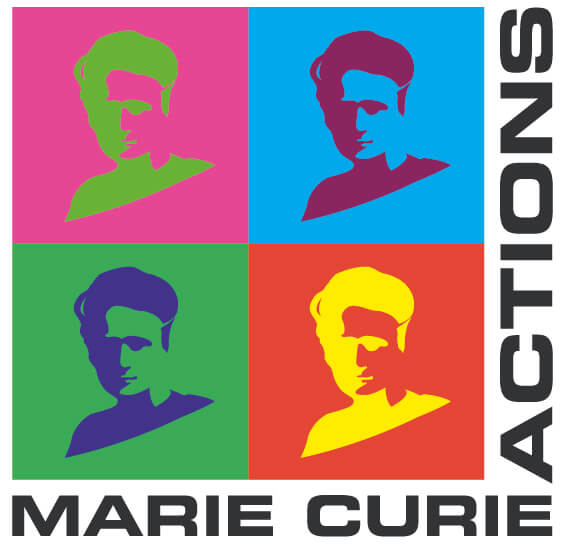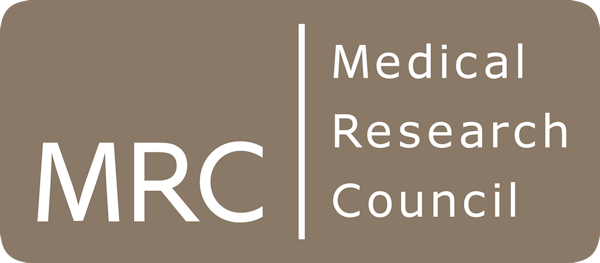Led by Prof. João Pedro de Magalhães
Genomics of Ageing and Rejuvenation Lab
Understanding the genetic, cellular, and molecular mechanisms of ageing.
Always listen to experts. They'll tell you what can't be done and why. Then do it.
Robert Heinlein in Time Enough for Love

About Rejuvenomicslab
Understanding Ageing
Ageing has a profound impact on human society and modern medicine, yet it remains a major puzzle of biology. Our group aims to help understand the genetic, cellular, and molecular mechanisms of ageing. Although our research integrates different strategies, its focal point is developing and applying experimental and computational methods that help bridge the gap between genotype and phenotype, a major challenge of the post-genome era, and help decipher the human genome and how it regulates complex processes like ageing and age-related diseases.
In the long-term, we would like our work to contribute to the development of interventions that preserve health and combat disease by manipulating the ageing process, including via cellular rejuvenation. By studying the mechanisms of ageing our work could also have an impact on diseases, like cancer and neurodegenerative diseases, for which age is a major risk factor. No other biomedical field has so much potential to improve human health as research on the basic mechanisms of ageing.
Strategies and methods of
Our Research
We aim to develop our research in a highly collaborative and interdisciplinary environment.
Systems Biology of Ageing
Many genes have been shown to regulate ageing in model systems. It is now necessary, however, to study how these genes interact and how they exert their influence as an aggregate to modulate the ageing process.
Genomics of Complex Diseases
Because ageing impacts on so many diseases and genome analysis and interpretation have broad biomedical implications, we also have a great interest in the genomics of complex human diseases
Cellular Models of Senescence and Rejuvenation
Cellular senescence, a permanent state of replicative arrest in otherwise proliferating cells, is a hallmark of ageing and has been linked to ageing-related diseases.
Systems Biology of Ageing
Many genes have been shown to regulate ageing in model systems. It is now necessary, however, to study how these genes interact and how they exert their influence as an aggregate to modulate the ageing process.
Genomics of Complex Diseases
Because ageing impacts on so many diseases and genome analysis and interpretation have broad biomedical implications, we also have a great interest in the genomics of complex human diseases
Cellular Models of Ageing, Cancer and Cryobiology
Cellular senescence, a permanent state of replicative arrest in otherwise proliferating cells, is a hallmark of ageing and has been linked to ageing-related diseases.
Evolutionary and Comparative Genomics
Understanding why and how evolution gives rise to genomes that result in similar organisms with vastly different paces of ageing has an enormous potential to provide biologically-significant clues about the genetics of ageing.
Biology of Long-Lived Animals
Stemming from the above rationale for studying the biological underpinnings of species differences in longevity and ageing, we are interested in studying the unique genetics, physiology, and cell biology of long-lived animals.
Theoretical Biology of Ageing
we are interested in putting our findings and ideas together to address the big questions in gerontology and develop a coherent theoretical framework that explains ageing.
Evolutionary and Comparative Genomics
Understanding why and how evolution gives rise to genomes that result in similar organisms with vastly different paces of ageing has an enormous potential to provide biologically-significant clues about the genetics of ageing.
Biology of Long-Lived Animals
Stemming from the above rationale for studying the biological underpinnings of species differences in longevity and ageing, we are interested in studying the unique genetics, physiology, and cell biology of long-lived animals.
Theoretical Biology of Ageing
we are interested in putting our findings and ideas together to address the big questions in gerontology and develop a coherent theoretical framework that explains ageing.
Dietary and Pharmacological Manipulations of Ageing
Findings from model organisms show that ageing is surprisingly plastic and can be manipulated not only by genes (as indicated above) but also by diet.
Our Research
Dietary and Pharmacological Manipulations of Ageing
Findings from model organisms show that ageing is surprisingly plastic and can be manipulated not only by genes (as indicated above) but also by diet.
Our Research
Find Us
Our Location
We are always glad to hear from potential students, postdocs, collaborators, etc. Please feel free to contact us:
João Pedro de Magalhães
Institute of Inflammation and Ageing University of Birmingham Research laboratories, Office 4 Queen Elizabeth Hospital Mindelsohn Way, Birmingham, B15 2WB United Kingtom
Phone
+44 (0)121 3713243
j.p.magalhaes#bham.ac.uk (# = @)
latest
Publications
- Belikov AV, Ribeiro C, Farmer CK, de Magalhães JP, Freitas AA
- submitted
- Gems D, Singh Virk R, de Magalhães JP
- 2024


















”)
